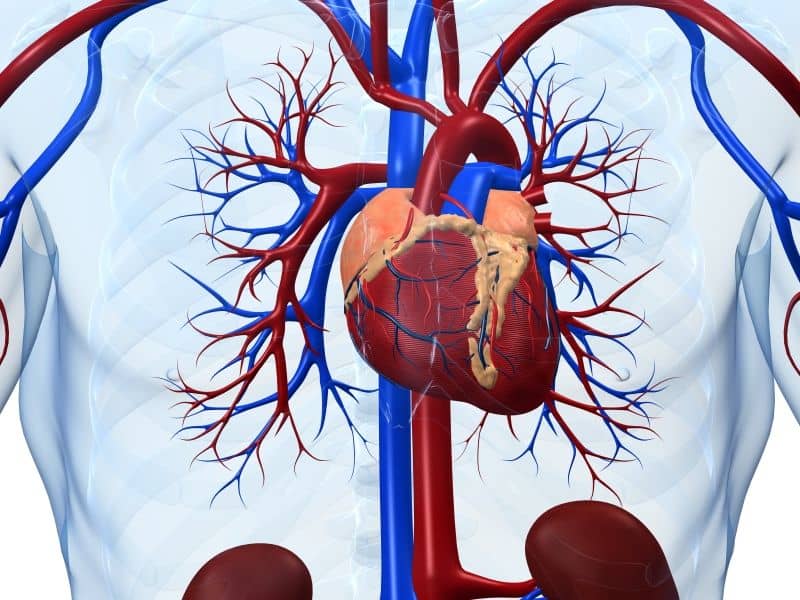The factors that influenced the time course of resistance-type exercise training (RET) adaptations remained unknown. For a study, the researchers hypothesized that consuming a twice-daily protein-polyphenol beverage (PPB); n=15; age, 24±1 yr; BMI, 22.3±0.7kg·m−2), which had previously been shown to speed muscle recovery and increase daily myofibrillar protein synthesis (MyoPS) rates, would have accelerated early (10 sessions) improvements in muscle function and potentiate quadriceps volume and muscle fiber cross-sectional area (fCSA) following 30 unilateral PPB enhanced 48 h MyoPS rates after the first RET session evaluated using deuterated water (2.01±0.15 vs 1.51±0.16% day−1, respectively; P<0.05) compared to isocaloric placebo (PLA; n = 14; age, 25±2 yr; BMI, 23.9±1.0 kg·m−2). In addition, PPB improved isokinetic muscle function (%U) from somewhere between 99.9 and 1.8 pretraining to somewhere between 107.2 and 2.4% U at session 10 (vs 102.6±3.9 to 100.82±.4% U at session 10 in PLA; interaction P<0.05). PPB increased type II fCSA from pre to posttraining (PLA: 120.8±8.2 to 109.5±8.6% U; PPB: 92.8±6.2 to 108.4±9.7% U; interaction P<0.05), but there was no difference in quadriceps muscle volume between groups. When assessed after training, PPB did not affect peak isometric torque, muscle function, or MyoPS. This showed that while PPB improves MyoPS and early adaptation, it might have not affected long-term adaptations to unilateral RET.
Link:journals.physiology.org/doi/full/10.1152/ajpendo.00328.2021


